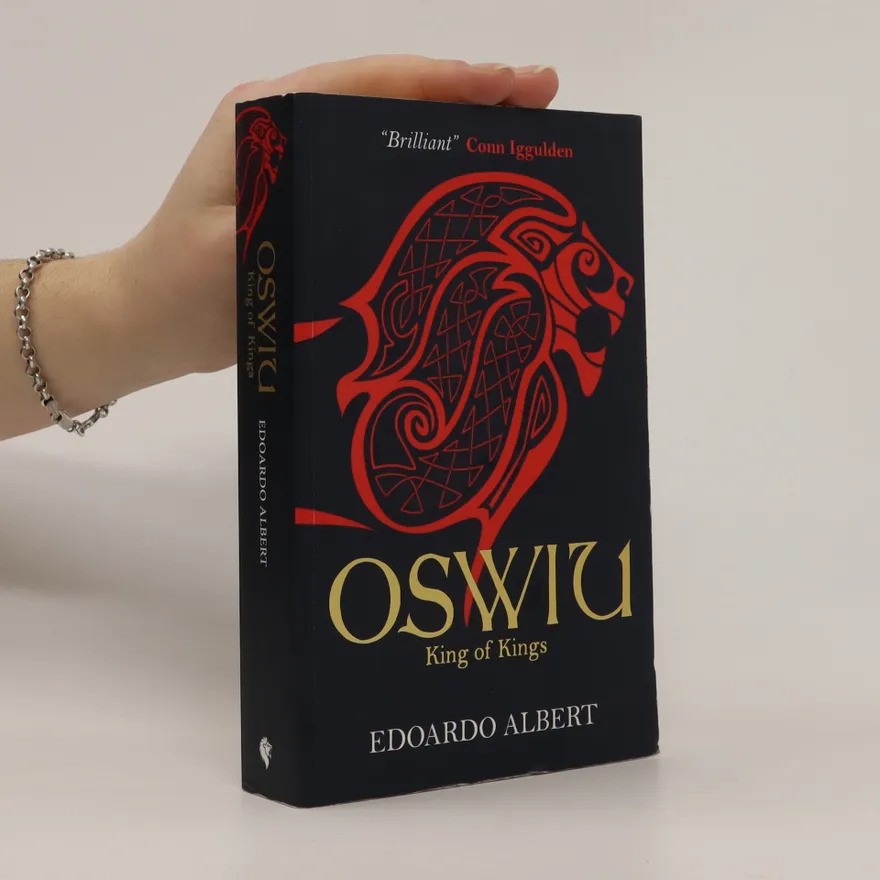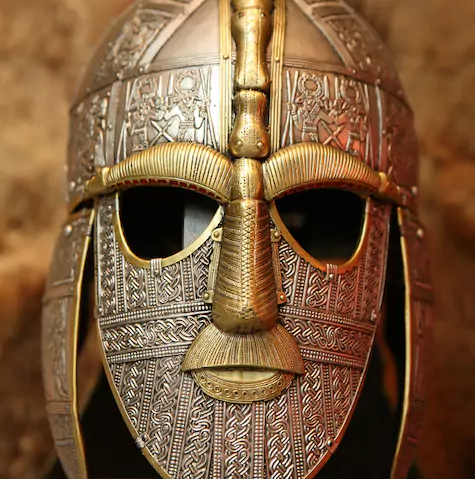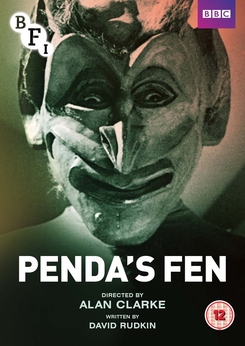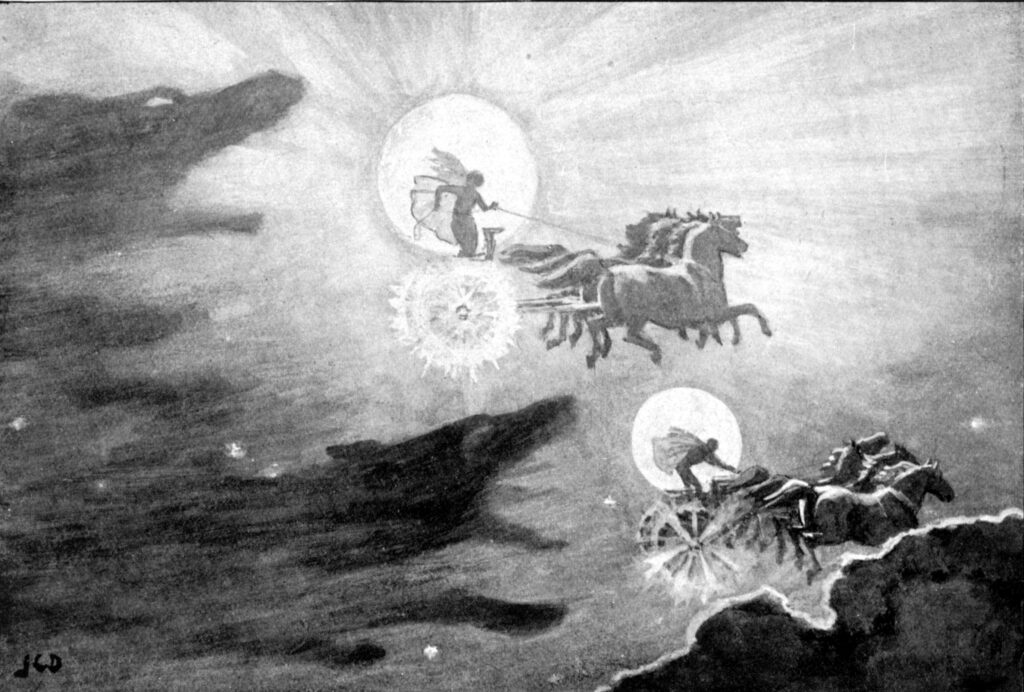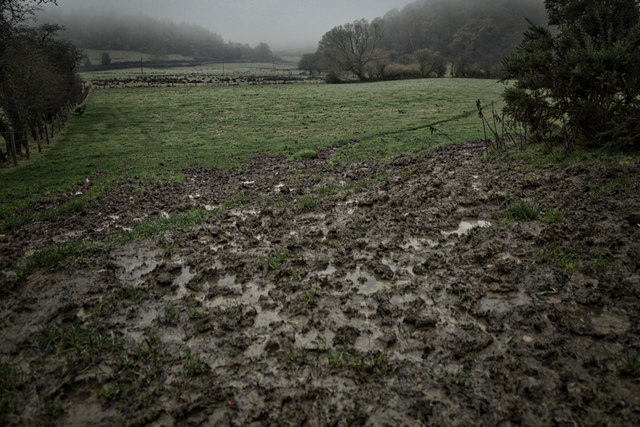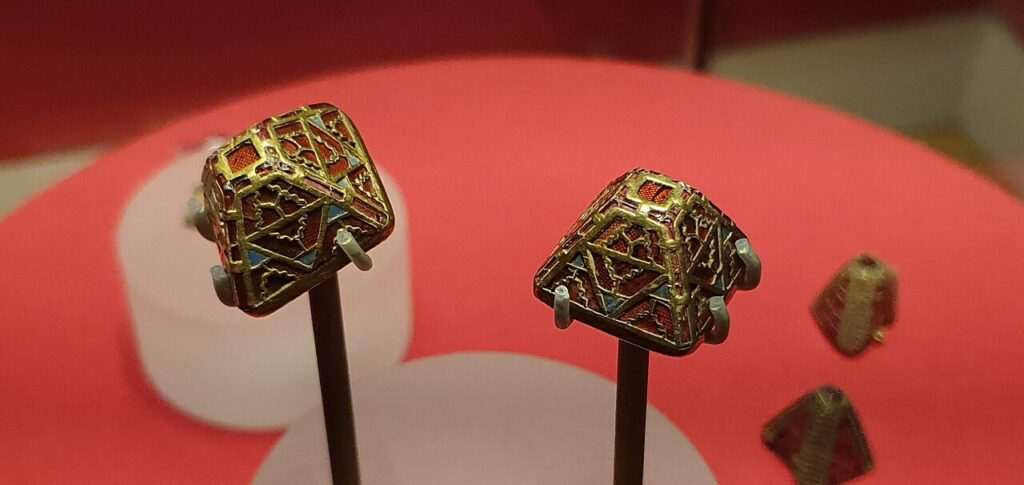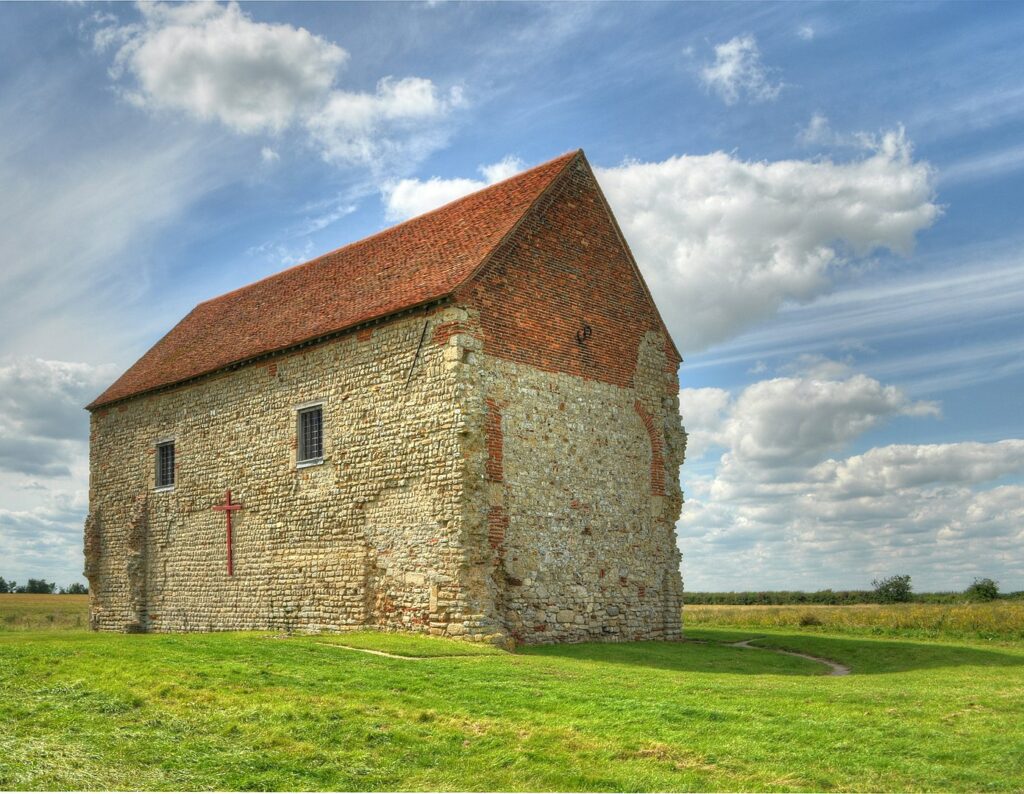
Perhaps the best example of Oswiu’s practical approach to kingship comes from how he dealt with a dispute in the Church. Oswiu himself followed the practice of Iona, where he had been brought up. But his queen, Eanflæd, the daughter of King Edwin, followed the Roman practice of her father. In most matters this did not cause any problems. But there was one area where there was difficulty: when to celebrate Easter. The Irish used a different method to calculate the date of Easter than the Romans. This produced a situation where the king and his retinue might be celebrating Easter while the queen and her women still had a further week of the Lenten fast to go.
To solve these differences, Oswiu summoned a church council to Whitby, which met in 664, to thrash out these disputes.
